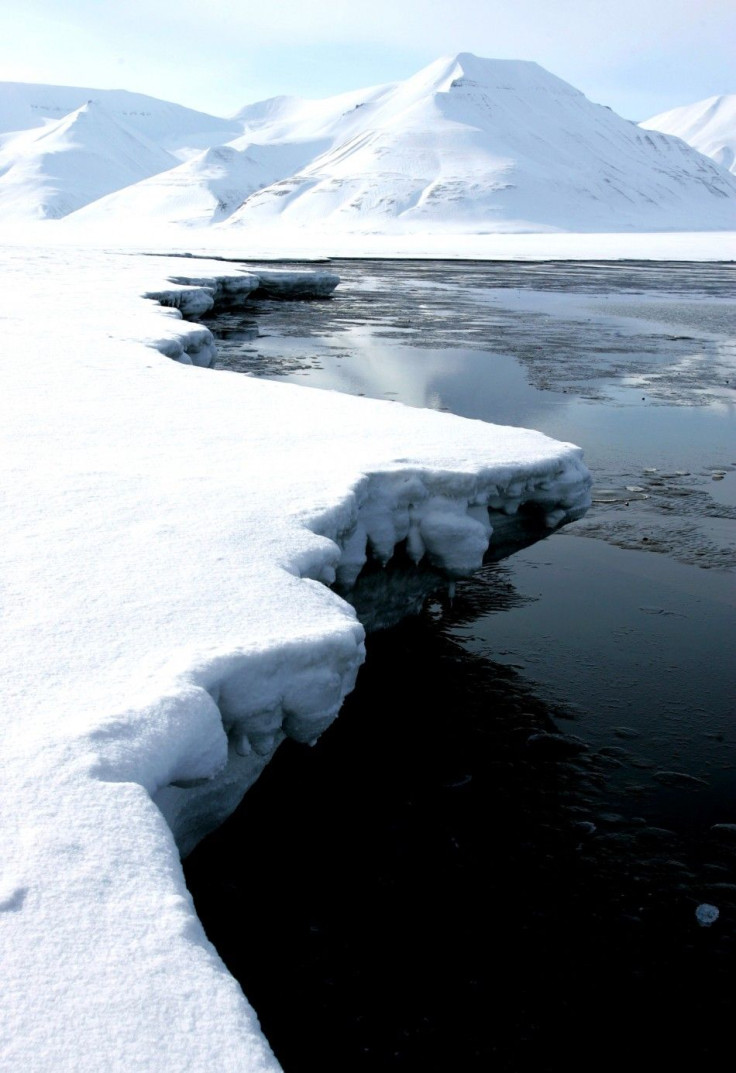Arctic Sea Ice Cover Sinks More Than 50 Percent: Study

As Arctic sea ice continues rapidly melting, a new study predicts it may completely disappear in future with huge consequence for regional ecosystems and the global climate.
New estimates by scientists at the Polar Science Center of the University of Washington in Seattle show that ice volume is now dipping faster than at the same time last summer, when a new record was set.
The new study used ultra-sophisticated computers incorporated with programs for ocean observations, submarine data and space-age monitoring to study the situation.
According to the last recorded data, sea ice was measured around 2,135 cubic miles, which is more than 50 per cent lower than the average volume.
The volume of ice in Arctic Ocean has fallen 62 per cent in 32 years. It recorded the maximum volume in 1997.
The scientists explained the purpose behind studying and measuring the situation. They say observations from satellites, Navy submarines, moorings and field measurements are all limited in space and time, but “sea ice volume is an important climate indicator.”
“It depends on both ice thickness and extent and therefore more directly tied to climate forcing than extent alone. However, Arctic sea ice volume cannot currently be observed continuously.”
The peak ice melting season for Arctic Ocean occurs in September and October. Estimating the actual amount of ice left and to know what is really happening on and below the surface of the sea in real time is a very difficult task, explained the scientists.
According to the report, the uncertainty of the monthly averaged ice volume anomaly is estimated as ±0.75 103 km3.
Scientists predict that less ice cover will greatly affect the socio-economic and ecosystems in the North Polar Region.
The scientists used a Pan-Arctic Ice-Ocean Modeling and Assimilation System (PIOMAS) to calculate the ice-sea volume and carry out this project.
The study was published on the Polar Science Center's Web Site.
© Copyright IBTimes 2024. All rights reserved.





















